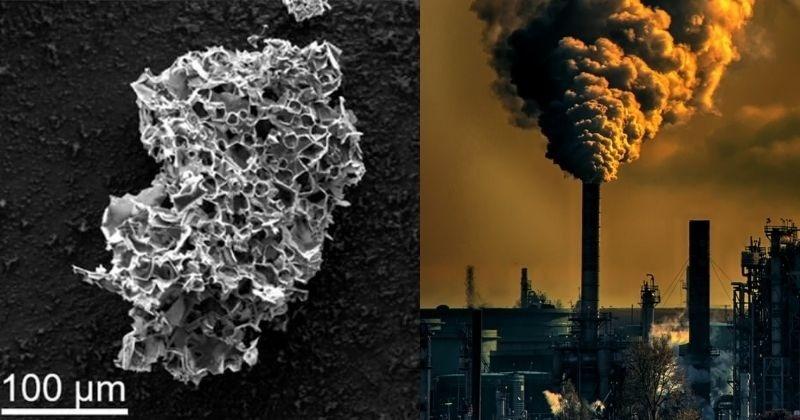
Researchers have discovered a technique to turn the heaps of non-degradable mass into something helpful by forcing it to absorb extra carbon dioxide from the atmosphere.
Rice University researchers observed that heating plastic garbage in the presence of potassium acetate led to the development of nanometer-scale pores capable of entrapping CO2 molecules. This can aid in the removal of CO2 from flue gas streams. They are capable of holding up to 18 percent of their own weight in CO2 at room temperature.
Furthermore, while traditional chemical recycling does not work well for polymer waste with low fixed carbon content in order to generate CO2 sorbent, the inclusion of polypropylene and high-density, as well as low-density polyethene (both of which are commonly found in municipal waste) works well for CO2 capture when treated with potassium acetate.
Also Read: Canada deer being killed by ‘Zombie Disease’, Details here
The sorbent may also be reused by heating it to roughly 75 degrees, which releases the stored carbon dioxide from its pores while also recreating 90% of the binding sites.
Rice chemist James Tour explained, ‘Point sources of CO2 emissions like power plant exhaust stacks can be fitted with this waste-plastic-derived material to remove enormous amounts of CO2 that would normally fill the atmosphere. It is a great way to have one problem, plastic waste, address another problem, CO2 emissions’.

Post Your Comments